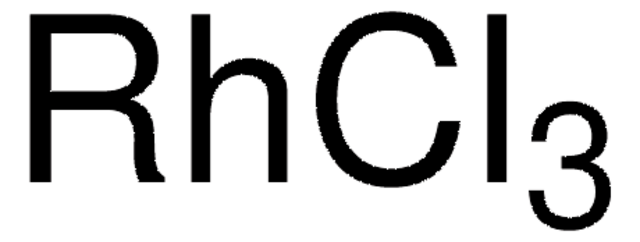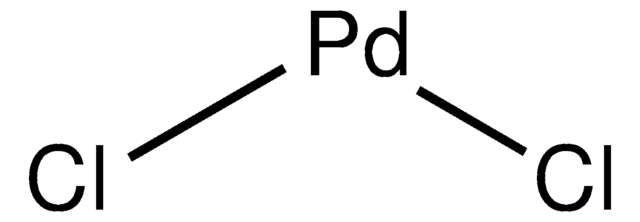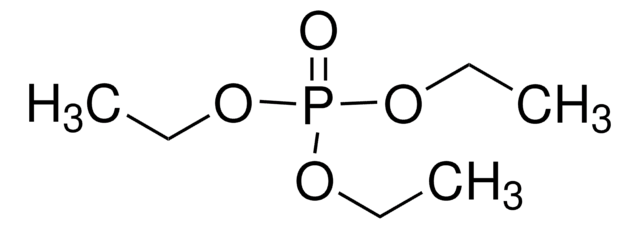206288
Sodium hexachlororhodate(III)
Synonym(s):
Rhodium sodium chloride
Sign Into View Organizational & Contract Pricing
All Photos(1)
About This Item
Linear Formula:
Na3RhCl6
CAS Number:
Molecular Weight:
384.59
EC Number:
MDL number:
UNSPSC Code:
12352302
PubChem Substance ID:
NACRES:
NA.23
Recommended Products
form
powder
SMILES string
[Na+].[Na+].[Na+].Cl[Rh-3](Cl)(Cl)(Cl)(Cl)Cl
InChI
1S/6ClH.3Na.Rh/h6*1H;;;;/q;;;;;;3*+1;+3/p-6
InChI key
YDEXHLGYVJSKTN-UHFFFAOYSA-H
Signal Word
Warning
Hazard Statements
Precautionary Statements
Hazard Classifications
Acute Tox. 4 Oral - Eye Irrit. 2
Storage Class Code
11 - Combustible Solids
WGK
WGK 3
Flash Point(F)
Not applicable
Flash Point(C)
Not applicable
Personal Protective Equipment
dust mask type N95 (US), Eyeshields, Gloves
Certificates of Analysis (COA)
Search for Certificates of Analysis (COA) by entering the products Lot/Batch Number. Lot and Batch Numbers can be found on a product’s label following the words ‘Lot’ or ‘Batch’.
Already Own This Product?
Find documentation for the products that you have recently purchased in the Document Library.
Customers Also Viewed
Trevor B Demille et al.
Frontiers in chemistry, 6, 411-411 (2018-09-27)
Micro- and nanoscale ZnO tetrapods provide an attractive support for metallic nanostructures since they can be inexpensively produced using the flame transport method and nanoparticle synthesis schemes can take advantage of a coupled response facilitated by the formation of a
Xinyan Dai et al.
Frontiers in chemistry, 6, 494-494 (2018-11-06)
Silica nanoparticles, optically transparent in the visible spectral region, represent a class of dielectric antenna to tune the propagation and local field distribution of the visible light through surface scattering while the energy loss is minimized. The light scattering on
Faqrul A Chowdhury et al.
Nature communications, 9(1), 1707-1707 (2018-04-29)
The conversion of solar energy into chemical fuels can potentially address many of the energy and environment related challenges we face today. In this study, we have demonstrated a photochemical diode artificial photosynthesis system that can enable efficient, unassisted overall
Zhirong Zhang et al.
Nature communications, 11(1), 1215-1215 (2020-03-07)
Single-atom catalysts (SACs) exhibit intriguing catalytic performance owing to their maximized atom utilizations and unique electronic structures. However, the reported strategies for synthesizing SACs generally have special requirements for either the anchored metals or the supports. Herein, we report a
Our team of scientists has experience in all areas of research including Life Science, Material Science, Chemical Synthesis, Chromatography, Analytical and many others.
Contact Technical Service










